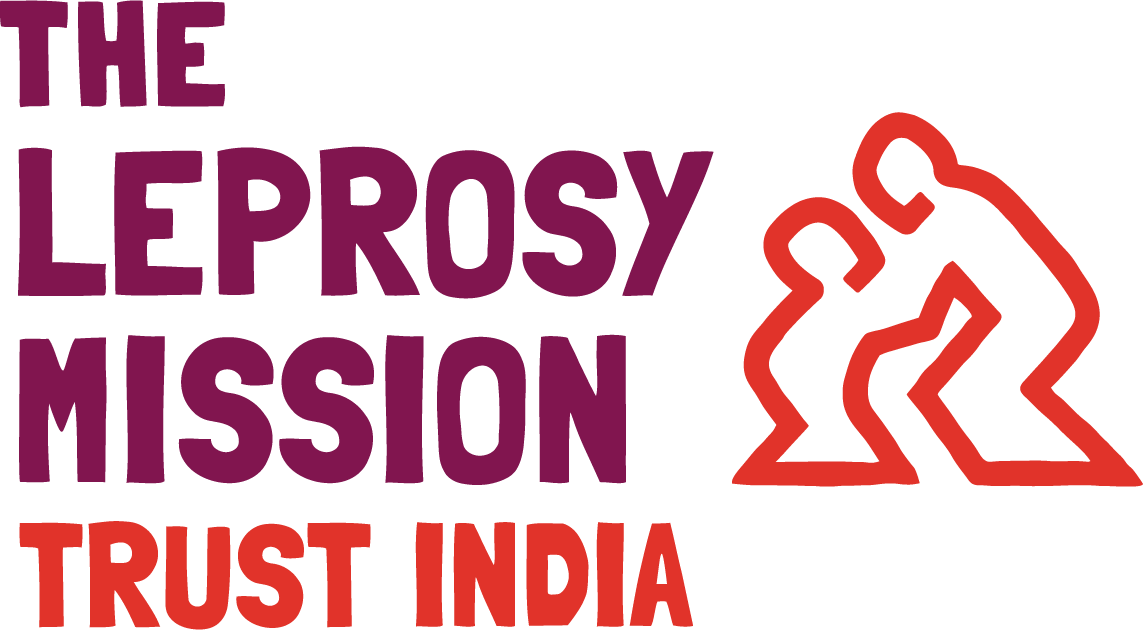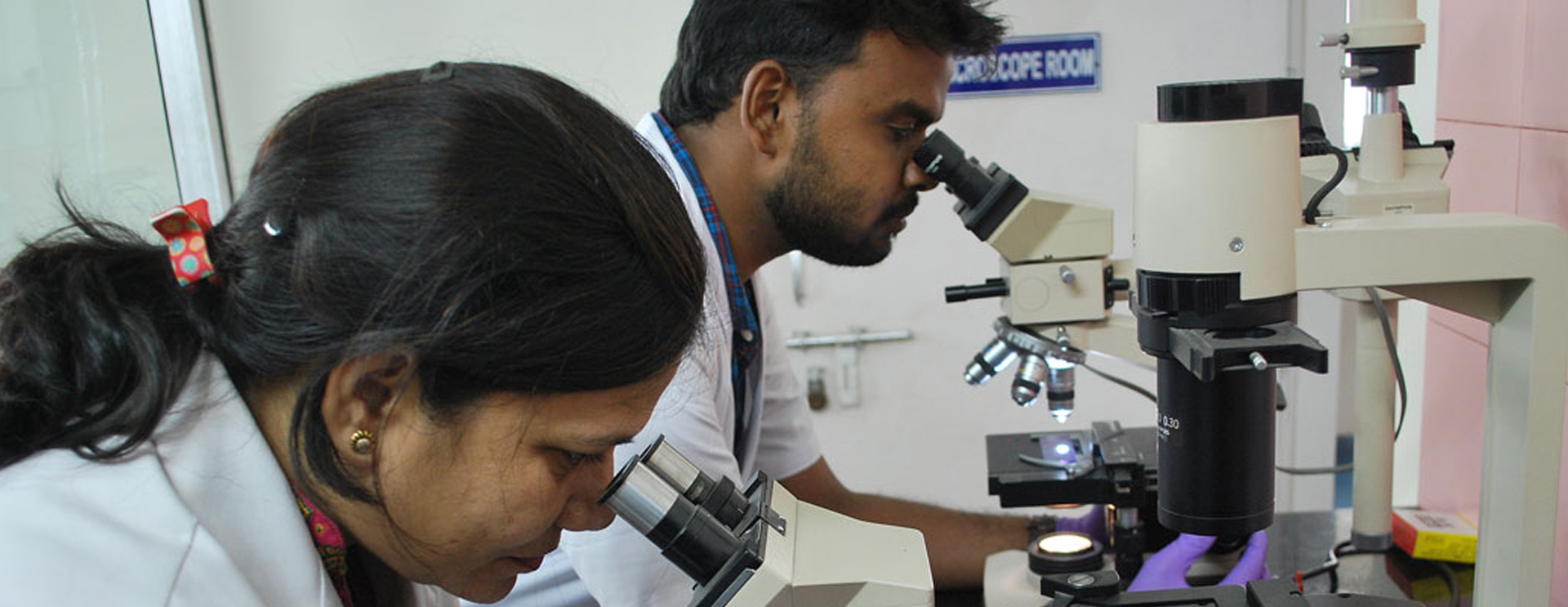The Quest for Breakthroughs
TLMTI’s research studies are aimed at eliminating leprosy as a public health problem
Through the multidisciplinary and multicentre research carried out in the laboratory, hospitals and the field, The Leprosy Mission Trust India generates evidence-based knowledge in immunology, molecular biology, clinical, social and operational aspects of leprosy to eradicate the causes and consequences of leprosy.
The Leprosy Mission Trust India (TLMTI) is committed to doing everything to improve the quality of lives of people affected by leprosy. One of the approaches is to find answers to the questions relating to leprosy which remain unanswered and pose barriers to eradication of the disease. Leprosy has been affecting people for around 4,000 years, and yet we do not have answers to many of the problems it causes. Some of these questions and areas are lack of knowledge about transmission, the reason for the continued incidence of large numbers of new cases with no significant decline over the last decade, causes of lepra reactions, and nerve damage. These questions need to be answered if leprosy is to be eradicated and affected people are to experience ‘healing, inclusion and dignity’.
TLMTI’s goal is to generate evidence-based knowledge through research, to eradicate the causes and consequences of leprosy. This is done by engaging in multi-disciplinary research in basic science as well as clinical, social and community aspects.
At TLMTI, research is a cross-cutting issue, carried out in its molecular biology research laboratory and in its hospitals, vocational training centres and community empowerment projects. Its current priority areas of research are: transmission, early diagnosis, biomarkers for early detection, reactions and nerve function impairment, disability management, emerging patterns of drug resistance, stigma measurement and interventions to reduce it, inclusion and integration, and advocacy research
TLMTI’s research programme is subdivided into the following four sub-programmes based on focus areas:
TLMTI is one of the participants in the WHO sentinel surveillance study on drug resistance. It also collaborates with researchers from Indian and international universities, laboratories, and with government agencies, such as the Indian Council of Medical Research, and the Department of Science and Technology.
As it works on these important issues, TLMTI hopes to continue to make contributions to the knowledge of leprosy and contribute to its eradication. It is the only organisation that maintains a dedicated focus on leprosy and is recognised by the leprosy research fraternity, which can be seen in the number of awards it receives for its research activities.
Research in TLMTI is a cross-cutting function and is conducted in its research lab (Stanley Browne Research Laboratory), institutions and projects spread across nine states of India, namely:




 Clinical Research
Clinical Research Operational Research
Operational Research Social Research
Social Research Basic Science Research
Basic Science Research